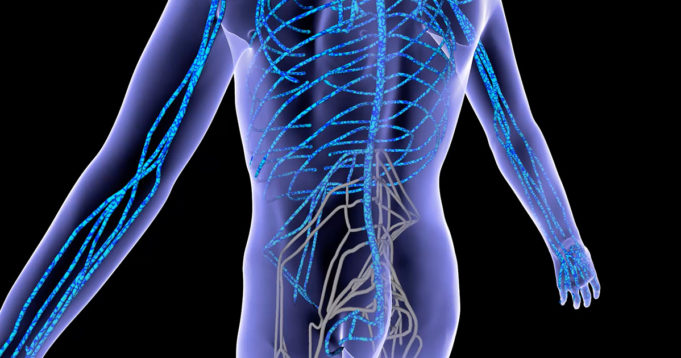A spinal cord injury (SCI) involves damage to any part of the spinal cord or nerves at the end of the spinal canal. It’s a potentially devastating injury that frequently results in lasting changes in sensation, movement, strength and other body functions below the injury location. Every year, approximately 12,500 people in the United States alone experience some type of spinal cord injury and its debilitating effects on both the body and the brain.
The relay and integration center of the central nervous system, the spinal cord is responsible for sending and receiving vital signals to and from the brain that aid in essential reflexes. It’s not just the limbs that can be affected. An injury to the spinal cord can negatively impact any part of the body where the spinal nerves have been compromised.
The effects of a spinal cord injury can have a substantial and lasting impact on mental health.
While most of the focus is often directed on the damaging effects taking place below the head, the harm to the brain is also consequential. In some cases, a spinal cord injury can also lead to traumatic brain injury (TBI), which can often go undetected by medical examination and imaging.
Just because the injury suffered is below the level of the brain, and there is no direct trauma to the head, doesn’t mean adverse cognitive outcomes won’t be felt. Distorted thought processes, brain fog, and memory loss are just a few of the common effects brought on by a spinal cord injury that could appear days or even weeks after an accident. Should these ailments persist for an extended period, they can contribute to feelings of despair, frustration and an overall reduced quality of life.
How Brain Function is Affected by Spinal Cord Injury
After a traumatic event that results in injury to the spinal cord, cognitive impairment can occur—even when there is no direct effect on the brain. Among the factors believed to contribute to weakened brain function after an SCI are the following:
- Harm from diminished oxygen supply at the time of trauma
- Increased inflammation sparked by the trauma, which can negatively affect the central nervous system
- The use of certain medications to minimize physical and mental suffering
- Stress and worry brought on by coping with a debilitating spinal cord injury
Most Common Accidents Resulting in Spinal Cord Injury
There are numerous incidents that can cause a spinal cord injury—leading to physical and mental distress. The most common injuries take place when a certain area of the neck or spine is bent or compressed. Here are some of the more popular causes of SCI:
Falls: Whether on the job, at home or just walking down the street, slip and fall accidents can occur at any time and inflict serious pain and injury. These falls can bruise the spinal cord or do more permanent damage.
Car Accidents: For those under 65, the most common cause of a spinal cord injury is caused by an automobile accident. A sharp and sudden jolt to the spinal cord and surrounding tissues can cause severe trauma.
Sports/Recreation: Athletes who participate in contact sports like football are among the most prone to SCIs. In addition, leisure activities like diving (into shallow water) or even jumping on a trampoline can lead to devastating spinal cord injuries. Brain injuries are also a too common phenomenon from these head accidents.
Symptoms often experienced after these types of accidents, including sharp pain, stinging, spasms, and/or dull aches, are all warning signs of a potential spinal cord injury. Other common symptoms include diminished mobility and sensation. Difficulty breathing, lack of coordination and balance, poor bladder control are also cautionary signs to watch for.
In many cases, symptoms resulting from these accidents can be delayed. Ignoring them will only serve to worsen the condition over time. Even those who can stand up and dust themselves off after any of these accidents should—in most cases—seek immediate medical attention and get as much information as possible from other parties involved in the event a personal injury case is pursued.
Final Thoughts
Because the damage of a spinal cord injury to specific body parts (i.e. arms, hands, and legs) can be so intense, the connection between this type of trauma and impaired cognitive function is frequently neglected. Failing to acknowledge and address the cognitive effects stemming from a spinal cord injury can make it much more difficult for those struggling with its symptoms.
Whether the effects of a spinal cord injury are physical, cognitive, or both, the symptoms experienced, as well as the long-term prognosis depend on a variety of factors, including the location of the injury, the severity of the accident, the quality of care received, and the overall mental and physical health of those affected. The road to recovery may be daunting, but aided by quality medical care, rehabilitation services, and supportive friends and family, dramatic positive strides can be achieved.












